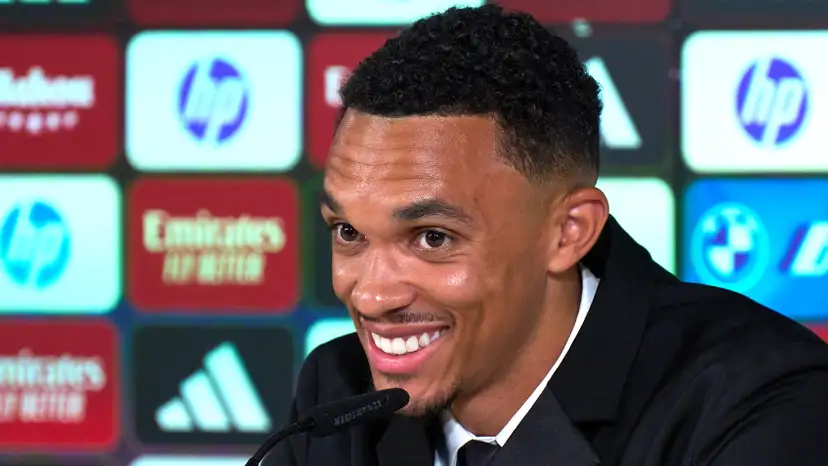
Alexander‑Arnold Spanish Adventure: How Trent Is Embracing Real Madrid’s Extreme Demands
From Liverpool Linchpin to Xabi Alonso’s New‑Look Right‑Back — Inside Trent Alexander‑Arnold’s Adaptation at Real Madrid
Some transfers need grand unveilings, ticker‑tape parades and exhaustive marketing campaigns before supporters buy into the hype. Others don’t. The moment Real Madrid wheeled out Trent Alexander‑Arnold at Valdebebas last week, the 15‑time European champions barely had to say a word. One look at the beaming Scouser, kitted out in white and dropping flawless Spanish during his first press conference, told the story: here was a footballer determined to squeeze every last drop from a career that has already seen him lift every club trophy within Liverpool’s reach.
Yet only days into life in the Spanish capital, the 26‑year‑old has already admitted that Los Blancos’ training sessions are “very different from what I’m used to.” Real Madrid under Xabi Alonso are an unforgiving machine, full of relentless rondos, positional play drills that would make Pep Guardiola blush, and tactical experiments that cram as much intensity into 90 minutes on the practice pitch as an Anfield European night. Alexander‑Arnold, ever the straight‑talker, calls those demands “extreme” — but adds a mischievous grin and a shrug, as if to say challenge accepted.
What, then, does his adaptation actually look like? How stark is the contrast between Jürgen Klopp’s heavy‑metal football and Alonso’s symphonic possession game? And why did Madrid deem it worth paying €10 million up front rather than waiting to snap him up on a free next summer? Pull up a seat; we’ve got 800‑plus words to peel back the curtain.
Settling In: From Melwood Memories to Valdebebas Vistas
Liverpool loyalists still recall with affection those early sessions at Melwood when a teenage Alexander‑Arnold would bound across the immaculate turf, overlapping a smiling Philippe Coutinho and whipping trademark crosses onto Daniel Sturridge’s head. But where Liverpool’s old base felt cosy and closed — a footballing finishing school hidden behind suburban brick walls — Real Madrid’s Ciudad Deportiva resembles a cathedral to modern sport. Everything here is oversized: the arenas, the cryotherapy chambers, the trophy‑lit corridors that seem to stretch into next week.
For Alexander‑Arnold, that shift in scale is mirrored on the grass. Under Klopp, the right‑back had freedom to roam infield, often quarterbacking Liverpool’s attacks with raking diagonals or disguised reverse passes. Alonso’s blueprint asks for similar ambition on the ball but within an intricate framework of automatisms. Picture chess pieces gliding across a board at lightning speed; each movement triggers a counter‑movement somewhere else. If one of Madrid’s midfielders half‑turns into Zone 14, Alexander‑Arnold must decide in a split‑second whether to under‑lap, stay wide, or shuffle into a dangling third‑centre‑back role. “The ball moves very quickly,” he remarked after day one — and he wasn’t kidding.
Xabi Alonso’s Classroom: The Professor in a Tracksuit
Those who watched Alonso dissect opposition shapes during his brief spell in the Bundesliga predicted he’d make a cerebral coach, but even seasoned Spain watchers raise eyebrows at the complexity on display this summer. Sessions commonly open with 7‑v‑4 possession squares, graduates into full‑pitch 10‑second press triggers, before concluding with tactical walk‑throughs that would not feel out of place at an NFL training camp. Every drill is timed, every rota monitored. Players wear GPS vests that feed data onto a giant screen by the halfway line, flashing red should a heart‑rate dip below the target zone.
It’s a far cry from the warm camaraderie of Klopp’s rondo circles — yet Alexander‑Arnold’s early data already excites the backroom staff. His ability to switch the play without breaking stride short‑circuits opposing mid‑blocks; his translation from sweeping crosses to slick low cut‑backs is well underway. And Alonso’s staff have singled out his tactical curiosity: the new recruit often lingers after training, peppering assistants Álvaro Arbeloa and Xabi Ochoa with geeky questions about half‑space rotations. Modrić might have found a kindred spirit.
Language Lessons and Locker‑Room Bonds
Every adaptation story includes the “settling‑in” subplot: Can the new kid order a cortado? How quickly can he decipher changing‑room banter? Here, Alexander‑Arnold is topping the class. Sources at the club insist he’s spent months learning Spanish over Zoom, memorising vocabulary lists between Liverpool fixtures. It showed at his unveiling: he cracked jokes in the local tongue, addressed Real TV presenters by name, and even dropped a “Hala Madrid” without sounding rehearsed.
That goodwill stretches to senior players. Jude Bellingham, Trent’s long‑time friend from England duty, has become an unofficial tour guide, steering him through Madrid’s restaurant scene and explaining why morning traffic on the M‑30 makes Merseyside rush‑hour feel quaint. “There’s no clique here,” Trent told the club channel. “Everyone’s a star but everyone’s humble.” Anfield devotees may wince at that description, but he insists the compliments merely reflect a new environment rather than a critique of the old one.
Tactical Tweaks: Back‑Four or Back‑Three?
While gossip columns fixate on whether Alonso will deploy a 4‑3‑3 or 3‑2‑4‑1 in Wednesday’s Club World Cup opener against Al‑Hilal, Trent’s role remains pivotal in either shape. As a traditional right‑back in a quartet, he must dovetail with the explosive Rodrygo ahead of him, timing under‑laps to free the Brazilian one‑on‑one. In a back‑three, he morphs into an auxiliary playmaker next to Éder Militão, stepping into midfield the moment Madrid regain possession.
If that sounds like a lot to digest in ten days, consider Alexander‑Arnold’s footballing IQ. Klopp routinely called him “a generational mind.” Gareth Southgate, albeit grudgingly at times, carved out a hybrid midfield‑right‑back niche for him with England. Alonso, who orchestrated midfield battles for club and country with metronomic ease, recognises a strategic ally when he sees one. Expect mis‑direction, decoy runs, and perhaps even a trademark free‑kick if Madrid earn a dead‑ball within 25 metres.
The Numbers Game: Why €10 Million Made Sense
Sceptics have questioned why Real accelerated the deal when they could have waited six months and landed the Englishman for free. Madrid’s accountants will point to the Club World Cup’s revamped format (now a lucrative 32‑team summer showcase), where television and sponsorship windfalls dwarf the transfer fee. Alonso wanted his squad at full strength from day one; president Florentino Pérez rarely second‑guesses a coach he trusts.
Then there’s the commercial calculus. Alexander‑Arnold brings a global profile, a loyal social‑media following and a market in the UK that was already warming to Real Madrid thanks to Bellingham’s exploits. Shirt sales, digital impressions, you name it — the move pays for itself before he’s even pinged a cross onto Bellingham’s forehead.
Looking Ahead: Debut, Dreams and Defining a Legacy
So we arrive at Wednesday night, throbbing lights above a neutral stadium in Jeddah, and a right‑back glancing at the iconic badge over his heart. Whether Alonso opts for the familiar back‑four or springs a tactical trap with a lopsided three, Trent Alexander‑Arnold will jog out feeling the weight of a new white shirt and the echoes of Bernabéu legends. Dani Carvajal may have set the modern benchmark for Madrid full‑backs, but the Englishman’s unique skill‑set suggests he could redefine the position altogether.
Is the pressure greater than at Liverpool? Probably. Does the reward equal the risk? Absolutely. Already, whispers from Valdebebas hint that Alexander‑Arnold and Vinícius Júnior have been cooking up set‑piece routines that could melt TikTok. If those drills translate to the real stage, expect Madridistas to forget the deal’s modest price tag and focus instead on the next cross, the next switch of play, the next reminder that footballing artistry can flourish 1,400 miles from the Mersey.
What happens after the Club World Cup? A gruelling La Liga title race, another Champions League campaign, and the small matter of earning a seat on Alonso’s evolving tactical roundtable. But for now, Alexander‑Arnold’s adaptation story is only just beginning — and the early chapters promise drama, daring and the sort of blistering right‑foot deliveries that made Kopites swoon in the first place.
Ask him how he’s settling in and he’ll smile, shrug, and answer in Spanish: “Muy bien.” Very good indeed. The demands may be extreme, but so too is his appetite for excellence. And in Madrid, that’s a language everyone speaks fluently.

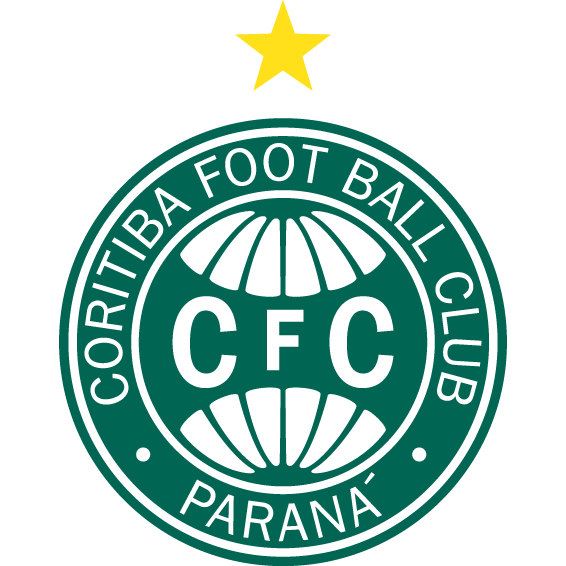

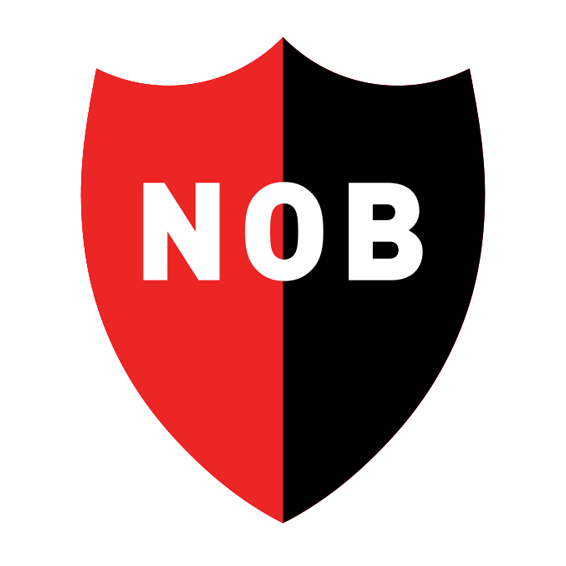



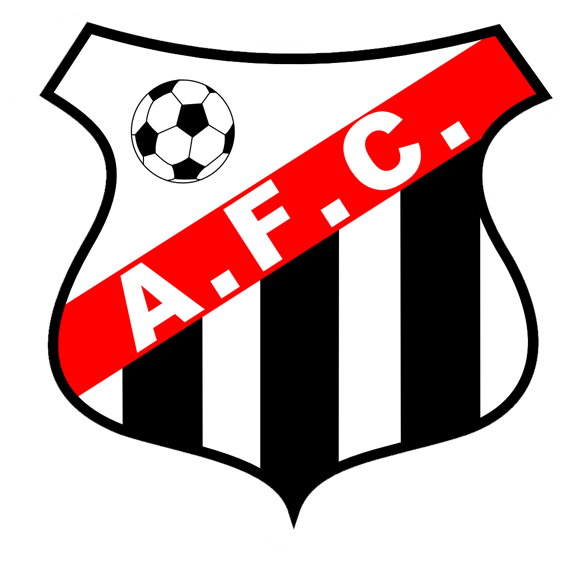
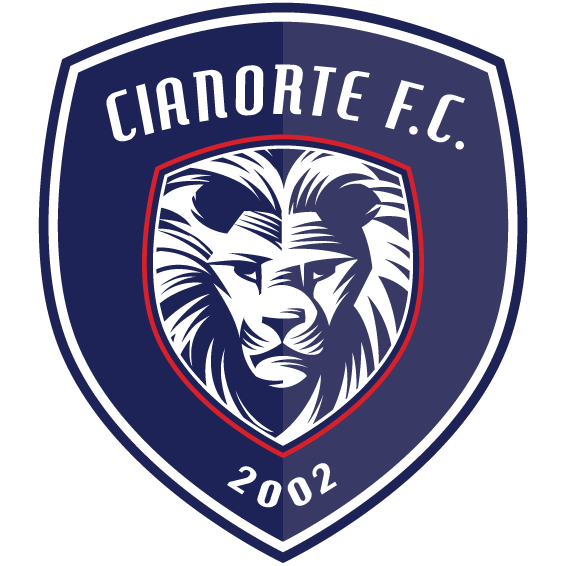


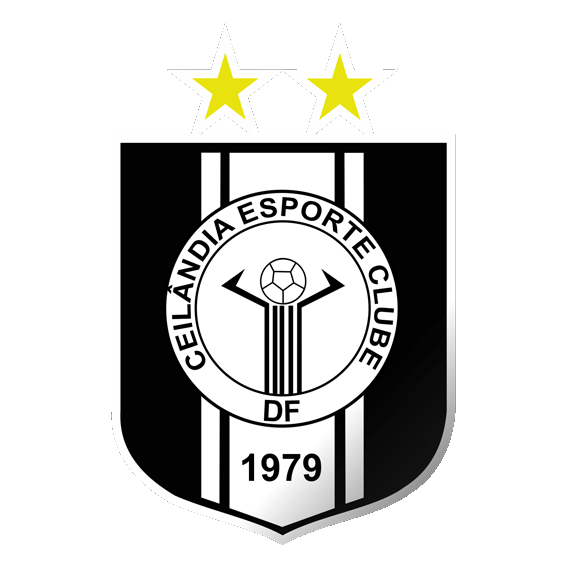


















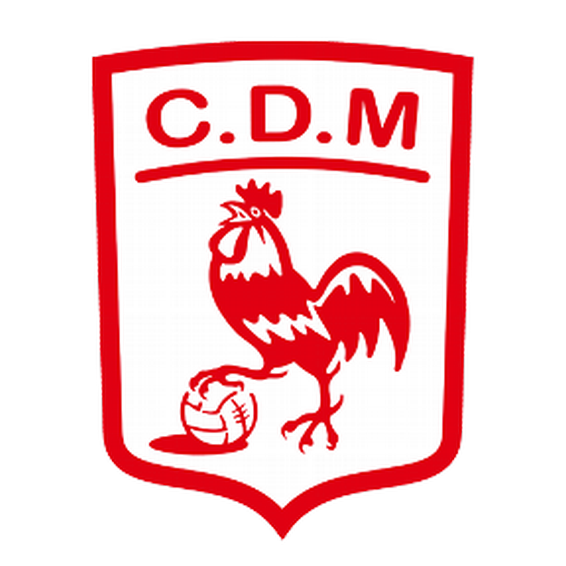





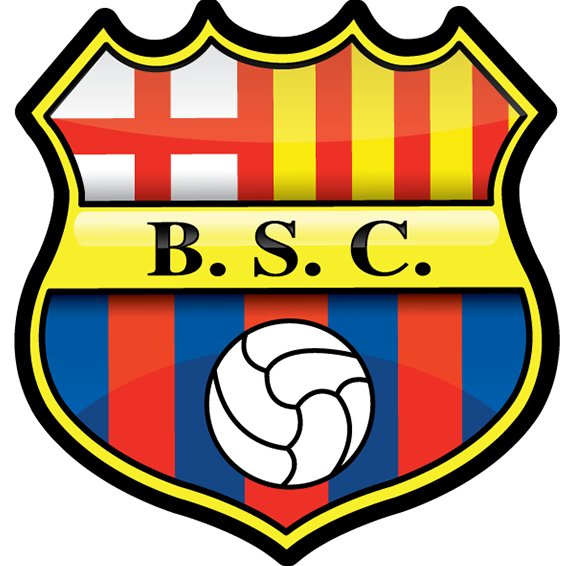



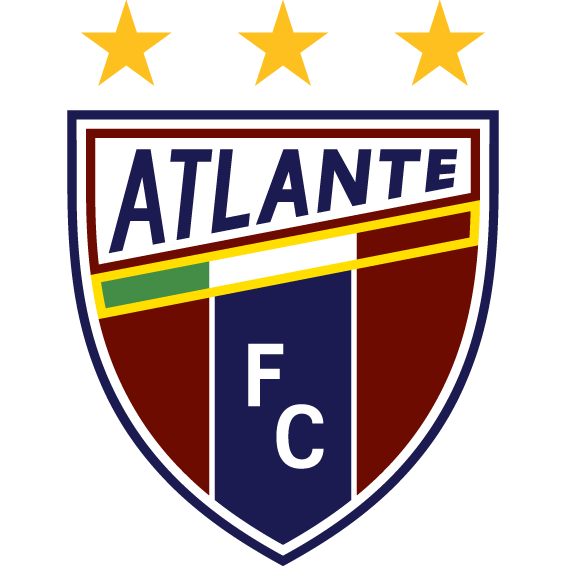

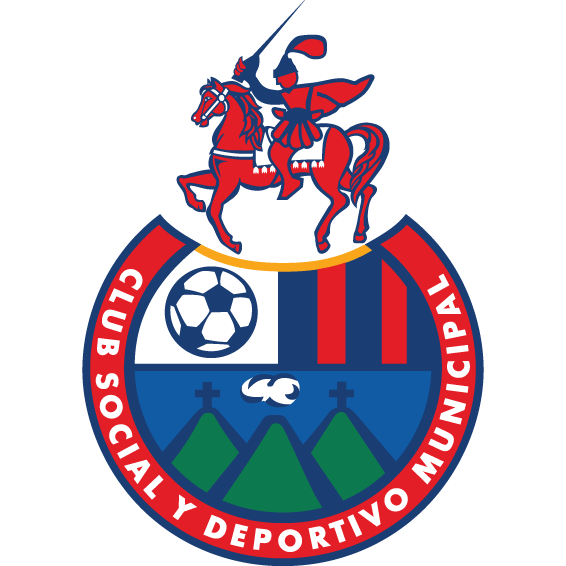


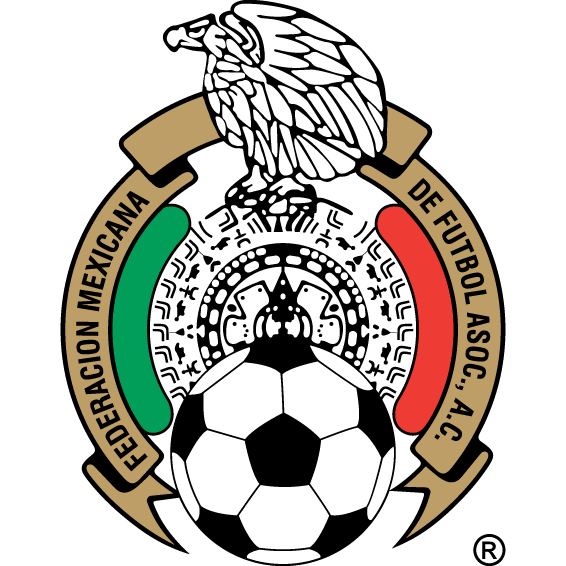

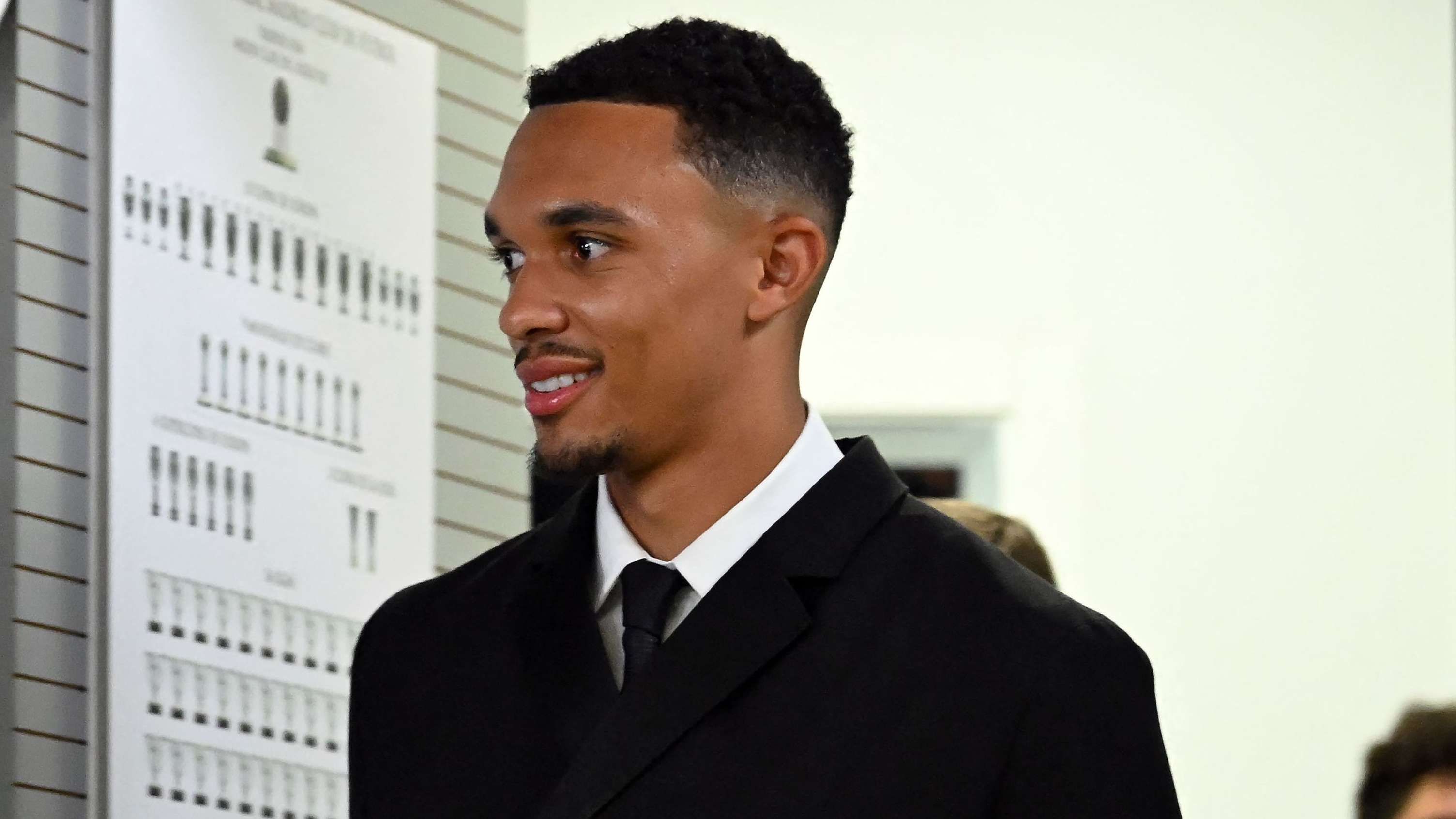
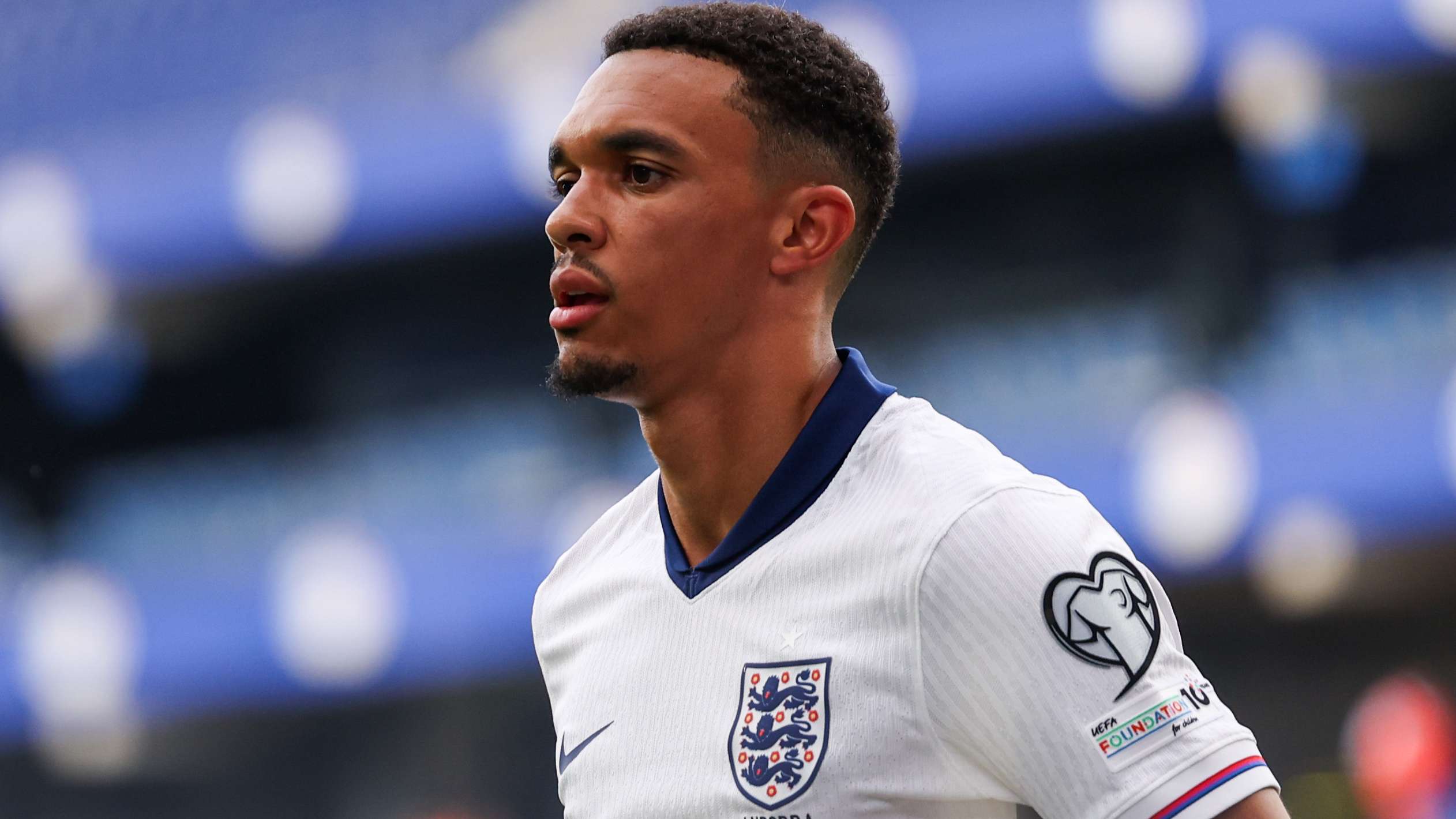























There are no comments yet. Be the first to comment!